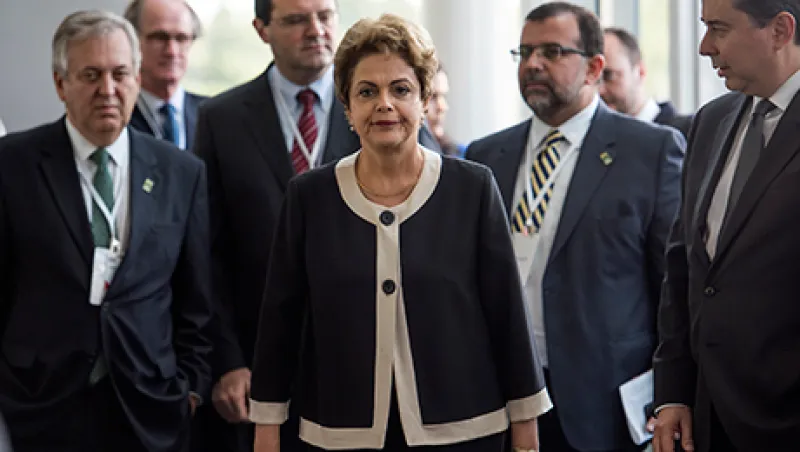
Brazil and Indonesia: A Study in Contrasts of Emerging Markets
Scandal and limited policy room leave Brazil among the more vulnerable EM economies, whereas Indonesia manages to sustain growth.
Tom Buerkle
October 14, 2015


